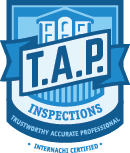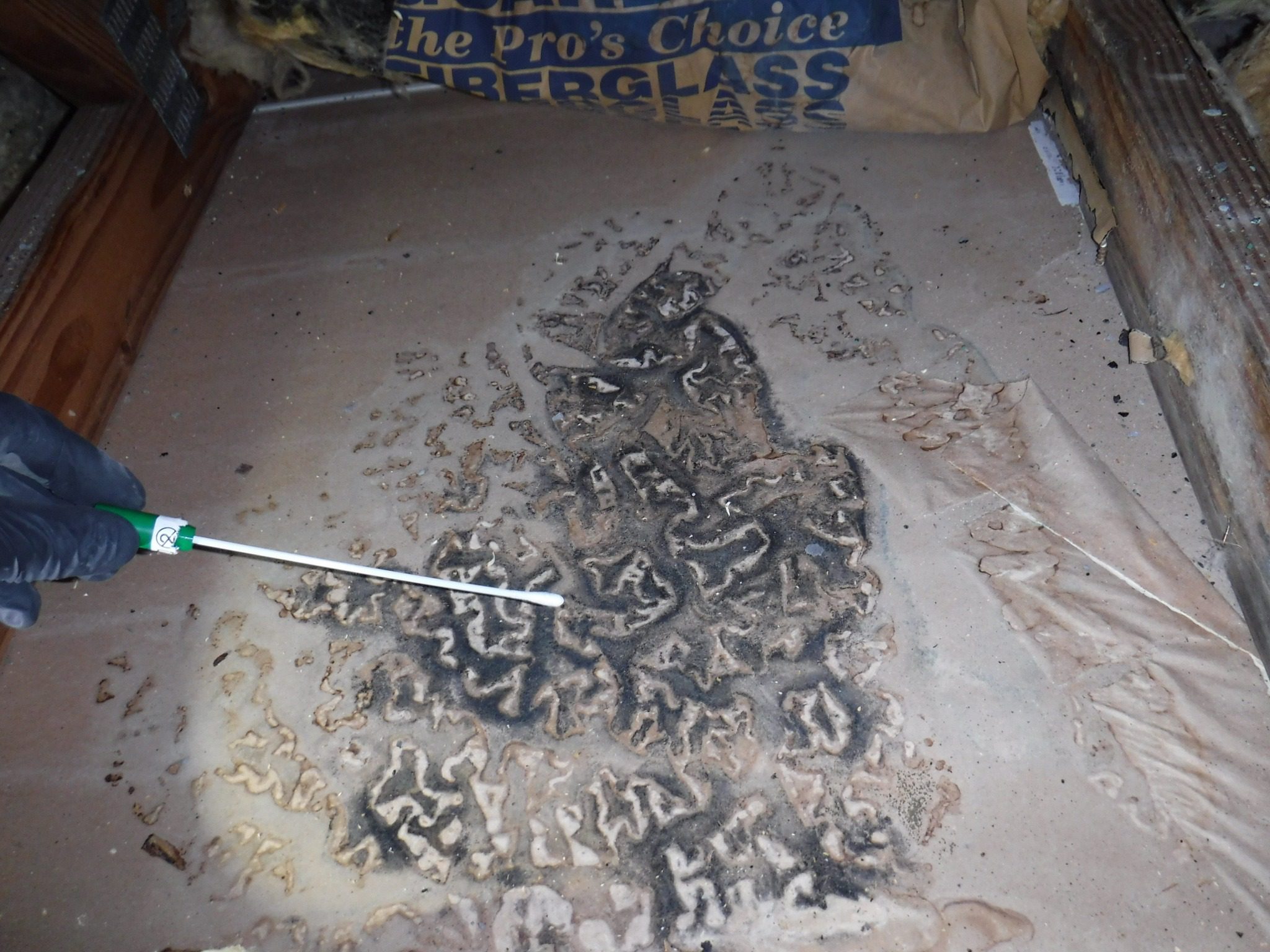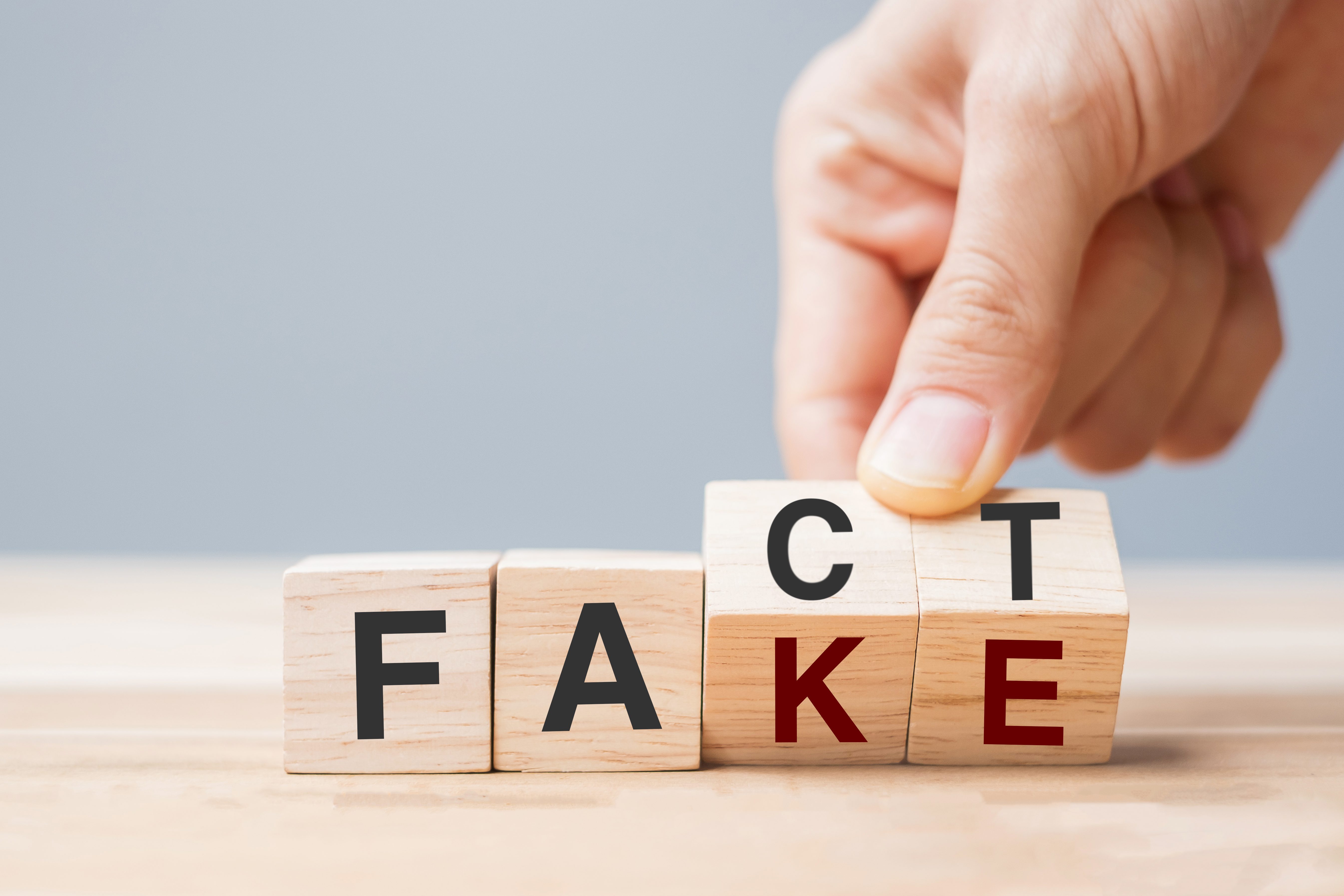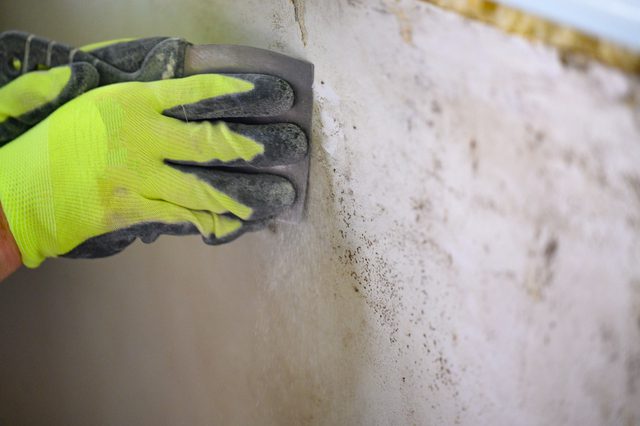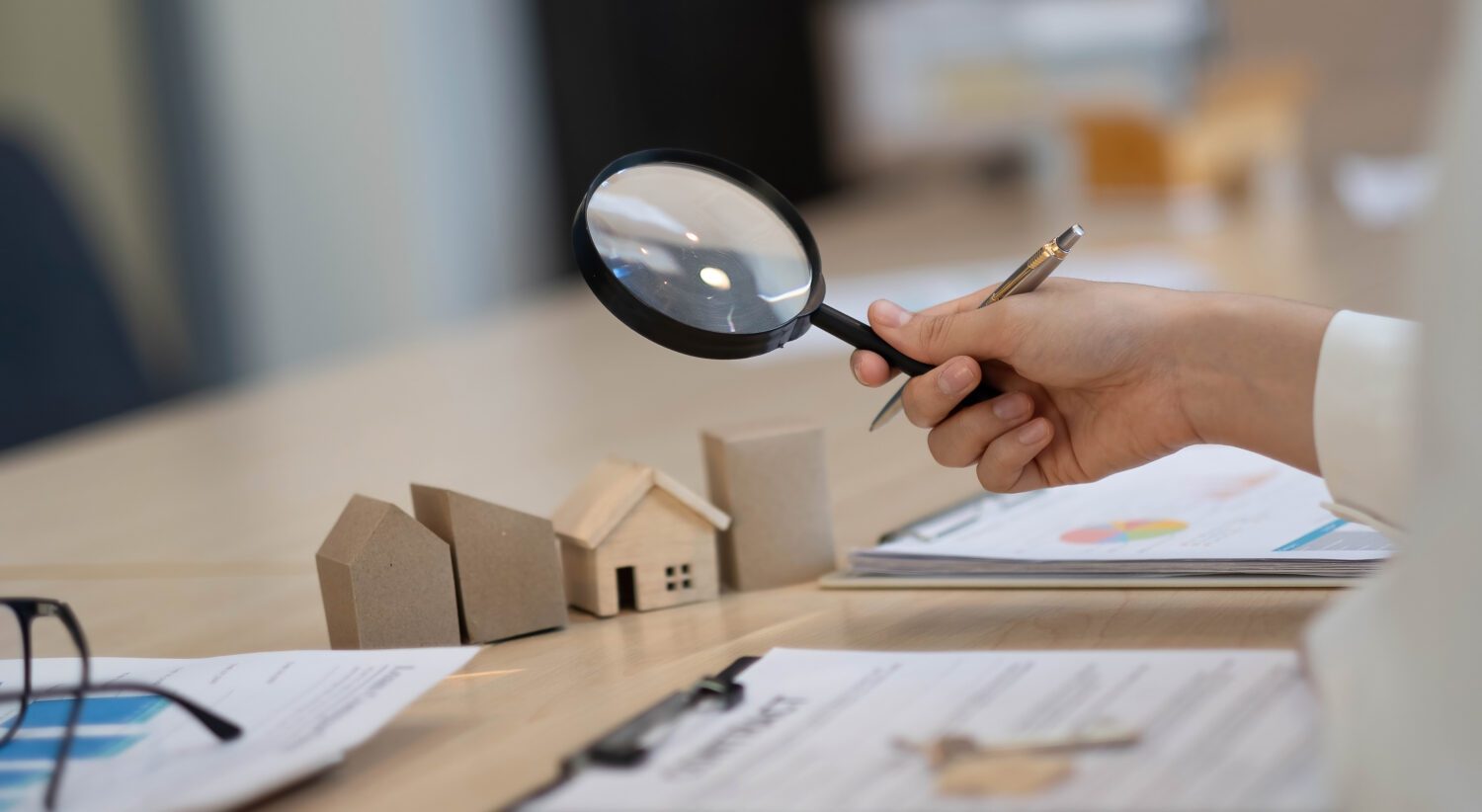The Importance of Mold Inspection
Mold is a type of fungus that thrives in moist and warm environments. It can grow on various surfaces such as walls, ceilings, carpets, and furniture.
While mold spores are usually harmless, they can cause serious health problems when they accumulate in indoor air. Mold exposure can lead to respiratory problems, allergy symptoms, headaches, and other health issues.
This is why it’s important to have a mold inspection performed if you suspect there may be mold growth in your home or workplace. An inspection will determine if there is mold present and identify the source of the problem so that it can be addressed effectively.
Types of Experts to Call for a Mold Inspection
When it comes to mold inspections, there are several types of experts you can call depending on your specific needs. One type is an Indoor Air Quality (IAQ) professional who specializes in assessing indoor air quality and identifying sources of mold growth. Another type is a Certified Industrial Hygienist (CIH), who has been certified by the American Board of Industrial Hygiene.
These professionals are experts in identifying, testing, and evaluating potential health hazards including mold. Environmental consultants may also be called for a mold inspection.
They specialize in assessing environmental hazards including but not limited to mold growth. Ultimately you’ll want to choose an expert based on their certification or credentials as well as their experience and reputation for thoroughness during inspections.
General Overview of Mold Inspection Experts
The presence of mold in a building can cause a plethora of health problems, including respiratory issues, skin irritation, and allergies. This is why it’s important to call in mold inspection experts to assess any potential hazards.
A mold inspector is a professional who specializes in identifying and testing for mold growth in homes and buildings. They have the knowledge and expertise to identify what type of mold is present, where it’s growing, and the severity of the issue.
Explanation of what a Mold Inspector Does
Mold inspectors use specialized equipment to detect moisture levels and identify areas where mold may be present but not visible to the naked eye. They also conduct an investigation into environmental factors that may be contributing to the growth of mold, such as poor ventilation or water damage from leaks or floods. Once they’ve identified all areas affected by mold growth, they’ll recommend steps that need to be taken for remediation.
Importance of Hiring a Certified and Experienced Professional
Hiring a certified and experienced professional for a mold inspection is crucial because they have the necessary skills and knowledge to accurately assess the situation. Not only can they identify potential hazards that you may not be aware of, but they also know how to safely remove any hazardous materials from your home or building. Certified professionals understand best practices when it comes to identifying different types of molds and assessing their potential risks.
They also understand how various types of contaminants could interact with one another if left untreated. Hiring certified professionals ensures that you’re getting an expert who has undergone rigorous training as well as practical experience in dealing with hazardous materials such as molds.
Types of Mold Inspection Experts
Mold inspection experts come in different types, each specialized in different aspects of mold detection and removal. Knowing which expert to call can help you get the right person for the job. Here are the three main types of mold inspection experts:
Indoor Air Quality (IAQ) Professionals
IAQ professionals are experts in identifying indoor air quality problems, including mold growth. They use specialized equipment to test the air quality in your home or building and identify potential sources of mold growth.
IAQ professionals also inspect your HVAC system to determine if it’s contributing to mold growth. If you suspect that you have a mold problem but aren’t sure where it’s coming from, an IAQ professional is a good place to start.
Certified Industrial Hygienists (CIH)
Certified Industrial Hygienists are highly trained professionals who specialize in identifying and evaluating potential health hazards in the workplace, including mold growth. They have extensive training and experience in assessing potential health risks associated with exposure to toxic substances, such as asbestos or lead. If you suspect that your workplace has mold growth or other indoor air quality issues, a CIH can assess the situation and provide recommendations for remediation.
Environmental Consultants
Environmental consultants are experts who assess environmental hazards, including indoor air quality issues like mold growth. They evaluate environmental risks associated with construction projects and remediation efforts. If you’re planning a construction project or need help with environmental assessments related to indoor air quality issues like mold growth, an environmental consultant can provide valuable guidance.
Factors to Consider When Choosing an Expert
When it comes to choosing an expert for your mold inspection, there are several important factors that you should consider. These include certification and credentials, experience, and reputation and reviews.
Certification and Credentials
The first thing you want to check for when considering a mold inspector is their certification. This ensures that they have met the minimum requirements for performing mold inspections in your state or region. Some of the most recognized certifications include the Indoor Environmentalist Certification (CIE) from the American Council for Accredited Certification (ACAC) and the Certified Mold Inspector (CMI) from the Indoor Air Quality Association (IAQA).
Experience
Aside from certification, experience is another crucial factor to consider when selecting a mold inspector. A seasoned professional will be familiar with different types of molds, how they grow, where they grow, and how to best identify them. Experienced professionals can also provide valuable insights on how to prevent future mold growth.
Reputation and Reviews
Last but not least, online reviews can provide great insight into a potential inspector’s reputation. Look up customer reviews on various websites such as Yelp or Angie’s List. Positive reviews can reassure you that you’re making the right choice in hiring a particular inspector while negative reviews should raise red flags.
Choosing the right expert is key in ensuring that your home or workplace is free from harmful mold infestations. Take time to research and compare different options so that you can make an informed decision based on their certification and credentials, experience level, and their overall reputation with previous customers.
What to Expect During a Mold Inspection
Mold inspections involve a thorough examination of your property to determine whether mold is present, where it’s located, and how severe the problem is. A typical inspection can take anywhere from 1-4 hours depending on the size of the property and the extent of the mold growth.
Visual Assessment
The visual assessment is one of the first steps in a mold inspection. The inspector will look for visible signs of mold growth, such as discoloration or staining on walls, ceilings, or floors.
They will also check areas that are prone to moisture like bathrooms and basements. The inspector may use tools like borescopes and moisture meters to check behind walls and under floors.
Sampling Techniques
Sampling techniques are used when there’s no visible evidence of mold growth but there are signs of an underlying moisture issue. Air sampling involves collecting air samples using specialized equipment that traps airborne particles that may contain mold spores. Surface sampling involves collecting samples from surfaces with suspected mold growth using swabs or tape lifts.
Laboratory Analysis
After collecting samples, they are sent to an accredited laboratory for analysis. The lab technician identifies the type and concentration of mold present in each sample. This information is then used by the inspector to create a remediation plan specific to your situation.
Knowing what to expect during a mold inspection can help you prepare for what lies ahead. Inspectors use various techniques such as visual assessments, sampling techniques, and laboratory analysis to ensure they identify all possible sources of contamination before developing a remediation plan tailored specifically for you!
Conclusion
Recap on the Importance of Hiring the Right Expert for a Thorough Mold Inspection
Now that you know who to call for a mold inspection, it’s important to take action and protect your home from potential health hazards. A thorough mold inspection can identify any issues and provide you with peace of mind, knowing that the air in your home is safe to breathe.
Remember, it’s crucial to hire a certified and experienced professional who has the knowledge and tools to properly assess your indoor air quality. While it may be tempting to cut corners or go with a cheaper option, this could end up costing you more in the long run if any issues are missed or not properly addressed.
By taking the time to research and choose the right expert for your mold inspection needs, you can ensure that your home is a healthy environment for you and your loved ones. Don’t hesitate – call an expert today!
